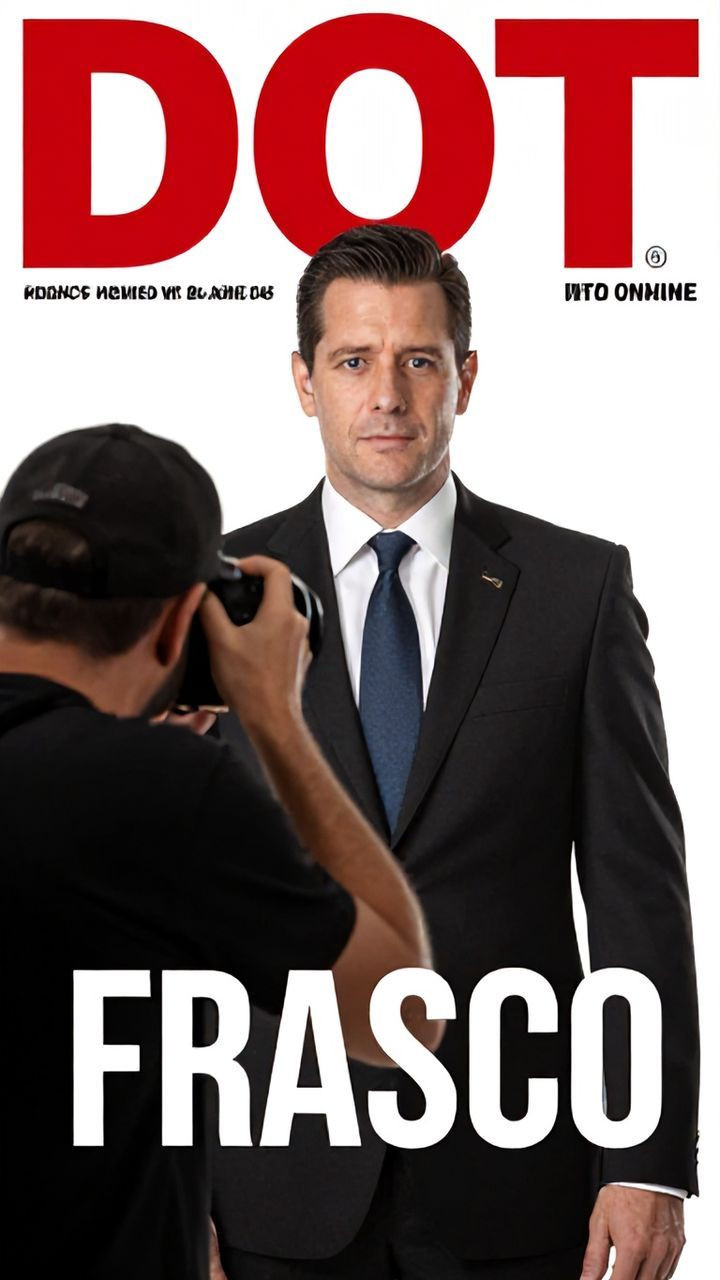
"How to Use Vatican Paper: Guidelines on AI Use
"How to Use Vatican Paper: Guidelines on AI Use
How to Use Vatican Paper: Guidelines on AI UseIn today's rapidly changing world, it's essential to consider the ethical implications of artificial intelligence (AI) applications. The Vatican has recently released a document outlining guidelines for using AI in various sectors, including warfare, healthcare, education, and more. In this blog post, we'll explore the key takeaways from the Vatican's paper and provide insights on how professionals can effectively implement AI in their work.The Importance of Human ResponsibilityThe Vatican's document emphasizes that human responsibility must grow in proportion to the development of new technology. As AI becomes increasingly integrated into our daily lives, it's crucial to recognize its limitations and potential biases. The document warns that AI has the potential to increase instruments of war "well beyond the scope of human oversight," which could provoke a destabilizing arms race.Warfare: A Tool for Complementing Human IntelligenceIn the context of warfare, AI should be used as a tool to complement human intelligence, rather than replace its richness. The document warns that weapons systems that can identify and strike targets without human intervention remove "the unique human capacity for moral judgment and ethical decision-making." No machine should ever choose to take the life of a human being.Human Relationships: Simulating ExperienceThe Vatican's paper also cautions against using AI as a substitute for authentic human relationships. While AI can simulate certain interactions, it lacks empathy and cannot truly replicate the complexities of human connection. This is particularly important in areas such as child development or interpersonal relationships.The Search for Meaning: Avoiding IdolatryAs society drifts away from connection with the transcendent, some are tempted to turn to AI in search of meaning and fulfillment. However, this can lead to idolatry – a practice Scripture explicitly warns against. The document emphasizes that the pursuit of meaning and fulfillment should be rooted in communion with God, rather than an artifact of human making.Privacy/Surveillance: Safeguarding DignityAdvances in AI-powered data processing have raised concerns about privacy and surveillance. The Vatican's paper underscores the importance of safeguarding individual dignity by monitoring the risk of surveillance overreach and ensuring transparency and public accountability.Environment: Energy Consumption and CO2 EmissionsWhile AI can help fight climate change through models to forecast extreme events, it also poses risks that are obscured by the use of words like "the cloud" that detach data storage from the physical world. It's crucial to recognize that AI operation demands vast amounts of energy and water, contributing significantly to CO2 emissions.Education: Critical Thinking and Not Just InformationThe Vatican's document emphasizes that AI should help promote critical thinking and not just train young people how to amass information and generate quick responses. Education is not about filling one's head with ideas but about taking a risk in the tensions between the mind, heart, and hands.Health Care: Enhancing Relationships Rather Than ReplacingWhile AI has the potential to enhance medical care, such as diagnosing illness, it's critical that AI is used to enhance and not replace the relationship between patients and healthcare providers. Decisions regarding patient treatment and the weight of responsibility they entail must always remain with the human person.Misinformation/Deepfakes: A Threat to TruthAI presents a risk of generating manipulated content and false information, which can easily mislead people due to its resemblance to the truth. Countering AI-driven falsehoods is not only the work of industry experts but requires the efforts of all people of good will.ConclusionThe Vatican's paper provides valuable guidelines for professionals working in various sectors, including filmmaking. As social documentary filmmakers, it's essential to consider the ethical implications of using AI-generated content in our work. By recognizing the limitations and potential biases of AI, we can ensure that our films promote truth, authenticity, and empathy.Tips for Effective Use of Vatican Paper Guidelines1. Verify information: Always verify the accuracy of AI-generated content to prevent spreading misinformation.2. Facetious approach: Maintain a critical eye when working with AI-generated content and avoid taking it at face value.3. Promote critical thinking: Encourage viewers to think critically about the information presented in your films.4. Prioritize human relationships: Focus on building authentic connections between people, rather than relying solely on AI-driven interactions.By incorporating these guidelines into our work as social documentary filmmakers, we can effectively use AI-generated content while prioritizing truth, authenticity, and empathy.Additional TipIncorporate the principles outlined in the Vatican's paper into your filmmaking practice to ensure that your films are ethical, authentic, and respectful of human dignity.

